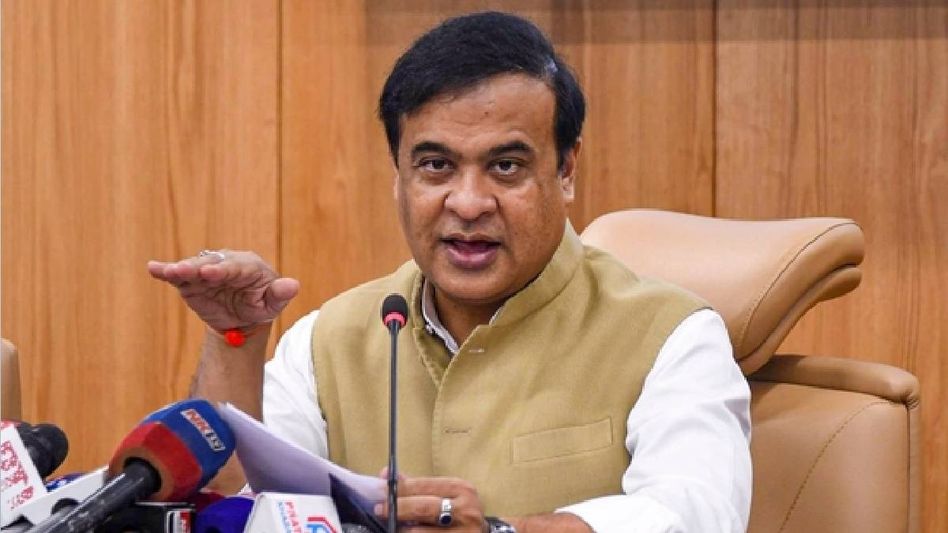Himanta Biswa Sarma warns against street protests over Waqf Act: 'Take it to Supreme Court'
Amid protests against the Waqf (Amendment) Act, Assam CM Sarma urges demonstrators to approach the Supreme Court. He warns against public clashes, emphasizing peace and legal resolution.

Amid growing protests against the Waqf (Amendment) Act, 2025 across various parts of the country, Assam Chief Minister Himanta Biswa Sarma has cautioned against holding demonstrations in the state, leading to conflicts. He directed agitators to present their case before the Supreme Court instead.
The controversial legislation seeks to improve the functioning of Waqf properties, address complexities, ensure transparency and introduce technology-driven management.
Speaking to reporters, Sarma said, "The case is with the Supreme Court. If anyone has anything to say, please present it before the apex court as it can be properly discussed there. If someone hits the streets in Assam against the Waqf Act, then people will also hit the streets in support of the legislation. It will lead to a clash, which we don't want."
He reminded the All Assam Minority Students' Union (AAMSU) that if the organisation opposes the law, then there are people who support it.
"We don't need any conflict. The brotherhood should be maintained for the progress of Assam. That's why we should be able to differentiate between good and bad. If anyone opposes the Waqf Act, I have nothing to say and I suggest him to go to the Supreme Court.
"Those who are supporting the Act should also go to the apex court. We went to the SC yesterday in support of the Act. But we will not allow anything to take place on the roads," Sarma said.
Agitators and the police clashed during a rally against the Waqf (Amendment) Act in Cachar district of Assam on Sunday. The protesters pelted the police with stones while the law enforcers dispersed them with batons.
After the clash, the Cachar district administration imposed prohibitory orders under Section 163 of the Bharatiya Nagarik Suraksha Sanhita (BNSS) across the district.
The Act proposes that an officer above the rank of collector will investigate government properties claimed as Waqf. In case of disputes, the senior government official will have the final say on whether a property belongs to Waqf or the government.
This replaces the earlier system where such decisions were made by Waqf tribunals.
The Act also allowed the inclusion of non-Muslim members in the central and state Waqf boards for inclusivity.
Copyright©2025 Living Media India Limited. For reprint rights: Syndications Today









